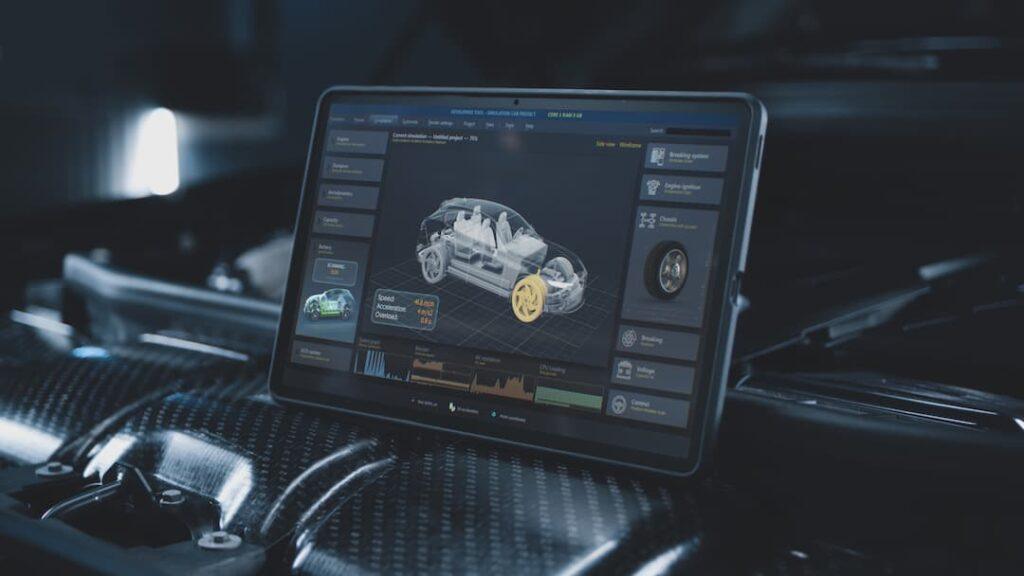Keeping your car in good working condition is important for your safety and the longevity of your vehicle. One way to do this is through regular car diagnostic tests. These tests use advanced technology to check your car’s systems and spot potential problems before they become serious. In this guide, we’ll explain what car diagnostics involve, why they matter, and how they can save you time and money.
What Is A Car Diagnostics Test?
A car diagnostic test is a check-up for your vehicle’s engine and electronic systems. Mechanics use a special tool to connect to the car’s onboard computer, often called the Engine Control Unit (ECU). This system stores error codes when something isn’t working as it should. By reading these codes, mechanics can figure out what’s wrong and recommend the right repairs.
Benefits Of A Car Diagnostics Test
There are many benefits to having a diagnostic test done on your car, including:
- Detailed Health Report: You’ll get a clear overview of any issues with your car.
- Early Problem Detection: Diagnostic tools can find issues that might not be noticeable during a regular inspection.
- Expert Advice: Mechanics can explain the results and suggest what to do next.
- Printed Results: You’ll have a physical record of the findings, which can be useful for future reference.
What Are Fault Codes?

Fault codes are like your car’s way of sending a message. Each code points to a specific problem, such as a misfiring engine or a loose sensor. However, understanding these codes isn’t straightforward for most people. This is where a professional mechanic comes in—they have the knowledge and tools to decode the information and provide accurate solutions.
Understanding Dashboard Warning Lights
Dashboard warning lights are often the first sign that something might be wrong with your car. These lights may indicate issues such as low oil levels, brake problems, or engine trouble. While it might be tempting to ignore them, acting quickly can prevent small problems from turning into costly repairs.

Areas Checked During Car Diagnostics
A diagnostic test covers several key parts of your car, including:
- Engine
- Transmission
- Ignition Coils
- Throttle
- Exhaust System
- Brakes
- Oil Tank
This wide range of checks ensures that no part of your car is overlooked.
Why Regular Tests Matter
Scheduling regular diagnostic tests is one of the best ways to keep your car running smoothly. These tests can identify problems early, saving you money on repairs and helping your car last longer. They also give you peace of mind, knowing that your car is safe to drive.
Need A Car Diagnostics Test? Book With Mann Auto Services Today
Taking care of your car doesn’t have to be complicated. A car diagnostic test is a simple way to stay on top of potential issues and keep your car running at its best. If you want to ensure your car is in top shape, book a professional diagnostic test with us today. Our experienced mechanics and advanced tools will provide a clear picture of your car’s condition and offer helpful advice.



